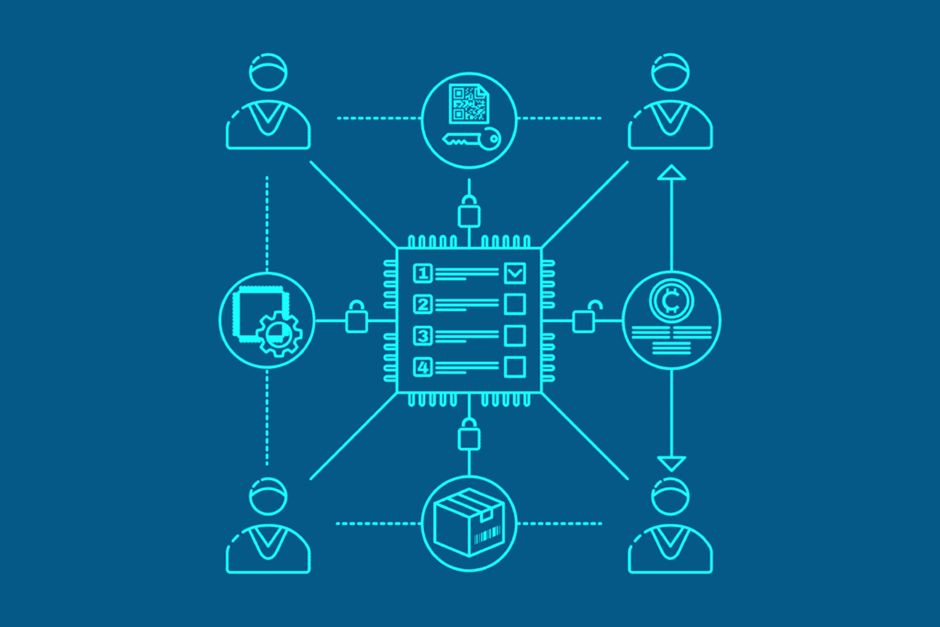
Covid-19 Calls for Re-Thinking Social Security for India’s Platform Workers
The draft Social Security Code falls short in providing legal protections for gig workers
The Covid-19 crisis has laid bare the inequalities latent in the different labour protections for workers. Application of existing labour laws depend on a worker’s contractual status and whether a person is deemed to be a worker at all. As detailed in a previous blog post, workers in the so-called gig economy, while functioning as essential workers in the pandemic, are not protected by labour laws, particularly those concerning social security, health and safety.
The central government is in the process of overhauling India’s labour law regime, subsuming 44 central labour laws through the formulation of four labour codes: Code on Wages, Industrial Relations Code, Social Security Code, and the Occupational Safety, Health and Working Conditions Code. Given the ramifications of the Covid-19 crisis, this presents an opportunity for the government to legislate to ensure equal treatment for workers regardless of contractual status.
The draft Code on Social Security, 2019, referred to the Parliamentary Standing Committee on Labour, is the only one of the four codes to recognise gig workers as a category for regulation. While certainly a step in the right direction, there are several issues with the way different facets of gig work are defined and categorised, necessitating a careful examination since they have far reaching implications for further regulation of the gig economy.
The Covid-19 crisis presents an opportunity for the government to legislate to ensure equal treatment for workers regardless of contractual status.
Defining gig work – Self-employment or disguised self-employment?
The draft Code on Social Security defines the gig worker to mean a person who performs work or participates in work outside of a traditional employer-employee relationship.
This seems to decisively indicate that gig work is a separate category from a traditional employment contract – a highly contested claim in the first place. There is fierce debate about whether the gig workers termed as “independent contractors” by platforms are truly independent or just employees, if appropriately assessed. Some argue that in the determination of employee status for platform workers, focus should not be on whether the worker is dependent on the platform, but rather whether the platform’s business model depends on the existence of the contractor.
The use of the industry catch-phrase ‘gig work’ in the draft Social Security Code serves to conceal the nature of work, creating a misleading impression that it refers to a parallel dimension where labour and employment laws do not apply by default. While platform-based work can encompass genuine self-employment, it is pervaded by disguised employment relationships.
The determination of an employment relationship must be made based on the actual performance of work and the conditions it is subject to, not merely by how it is framed by the parties involved. Misclassification of work in order to avoid the application of labour laws is detrimental to workers. Creating a separate category for “gig” work is counterproductive, especially if such a classification enables employers to avoid their labour law obligations.
Definition of gig work ambiguous, not comprehensive
The definitions for gig work, platform work and aggregator used in the Social Security Code are limited, ambiguous and do not take into account the diversity of work covered under this umbrella term. The gig economy comprises of broadly two types of work –
- crowd-work, which is work executed through online platforms, such as freelance writing, coding and other technical opportunities,
- on-demand work via apps / digital platforms, which is usually traditional work such as transport, cleaning, running errands offered and assigned through mobile apps, undertaken in the real world.
On-demand work through platforms usually have minimum standards of service, select and manage the workforce, supervise their work closely, and their pay is directed through the specific app or digital platform. These platforms are by no means homogenous. Each sector-specific service works very differently from each other, requiring regulation to understand these nuances and define them appropriately to avoid improper conflation of different categories of work.
On-demand platform work is characterised by unpredictable working hours and unreliable source of income under normal circumstances, and under the Covid-19 crisis, platform workers are grappling with serious health and safety risks, mass layoffs and reduction in income.
The Code fails to address questions on wages, working hours
The Social Security Code states that the central government may create a social security fund specifically for gig and platform workers, and devise social security schemes, specifically tailored for gig workers, related to life and disability cover, health and maternity benefits, old age protections and others.
While laudable, this provision is only discretionary but does not seem to reflect any thinking about the complexity laden in the task.
For instance, some rights such as maternity leave are dependent on a minimum length of service, which the intermittent nature of platform work makes difficult to determine, requiring the government to frame thoughtful guidelines.
It is also pertinent to note recent litigation on the gig-economy, concentrated on cab-hailing services, is taking place in the United States, with the passage of a recent landmark law in California Assembly Bill 5 (AB5) which effectuated employment status for millions of independent contractors. AB5 brings them under the ambit of laws relating to wages and hours, workplace safety, social security and enabling them to approach state and labour agencies for dispute resolution. While the very basis of the new law in California is to regularise the terms of workers in a gig economy, the Social Security Code only encompasses gig and platform workers to notify specific incentives to such workers, without providing for important questions of wages, working hours, collective bargaining and other interrelated issues of utmost importance.
Social security systems need a complete overhaul to accommodate the changing nature of work driven by technological developments, and the draft Social Security Code needs to be re-looked at in light of debates regarding the employment status of platform workers.
The way ahead
The gig economy cannot be seen as a separate silo of the economy, but as a part of broader phenomenon such as casualisation of work and informalisation of the formal economy which has dire implications for labour rights. While it is essential to protect gig workers, if only piecemeal and modest social security contributions are required by law, it might serve to reinforce the notion that gig workers are a low-cost substitute for employment, leading to greater informalisation of work.
Social security systems need a complete overhaul to accommodate the changing nature of work driven by technological developments, and the draft Social Security Code needs to be re-looked at in light of debates regarding the employment status of platform workers.
As noted in Vidhi’s Briefing Book 2020, the other Labour Codes must also be amended to suitably recognise platform workers and provide appropriate legal protections for them.
With inputs from Aayush Rathi, Centre for Internet and Society. Views are personal.



